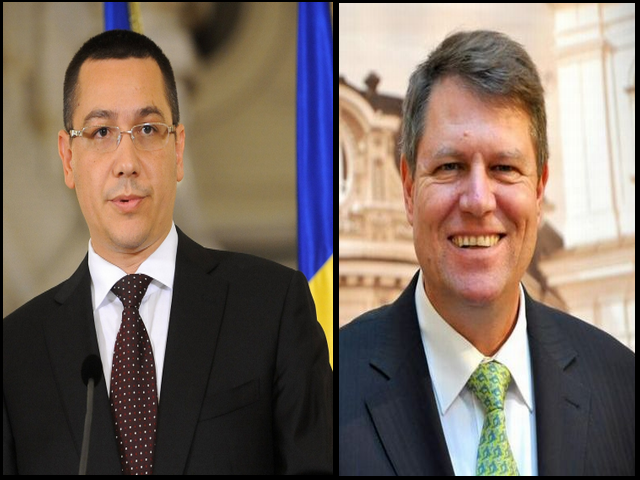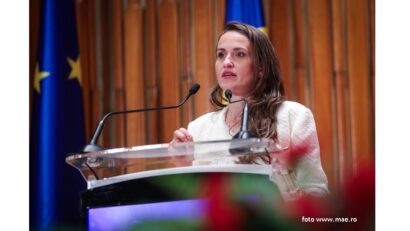Electoral Calculations
In the run up to the second round of presidential election in Romania, the contenders are preparing new strategies.

Roxana Vasile, 04.11.2014, 14:12
After Sunday’s first round of presidential election, the two candidates left to run for a second round are Victor Ponta and Klaus Iohannis. With the help of their campaign teams they are now preparing fresh strategies to win the battle on November 16th. The campaign run in preparation for the first ballot was atypical, to say the least. There were very few meetings and televised debates, which may have helped Romanians learn about the platforms proposed by the 14 candidates, did not exist at all.
The next two weeks will be undoubtedly marked by both candidates’ efforts to get the votes they need to win the final victory. What is left to be seen is what weapons they will use to win the battle. Winner of approximately 40% of the votes cast on Sunday, Social Democrat Prime Minister Victor Ponta, who is running for president as representative of the ruling alliance made up of the Social Democratic Party, the National Union for the Progress of Romania and the Conservative Party will start from pole-position.
Further to talks in the ruling coalition, Victor Ponta announced that, if elected president in the runoff, his first choice for PM was the incumbent Senate Speaker, Călin Popescu Tăriceanu. He came in third in the first round, with more than 5% of the votes, and is the president of the small Reforming Liberal Party splintered a few months ago from the National Liberal Party. Victor Ponta is also considering a technocrat for PM, and mentioned the name of the National Bank deputy governor, Florin Georgescu, or the head of the Romanian intelligence service, George Maior.
On the other hand, the president of the nationalist Greater Romania Party, Corneliu Vadim Tudor, who won 3.68% of the votes in the first round, and the independent candidate Teodor Melescanu, a former foreign intelligence chief, who also won around 1% of the votes, announced they would back Victor Ponta in the runoff.
As for the other candidate, the ethnic German Klaus Iohannis, representative of the Christian Liberal Alliance, he has announced he will not negotiate with his former contenders in order to get their support in the second round.
Klaus Iohannis: “ I want the votes of those Romanians who believe that I represent the future of Romanian politics. I want to get in direct contact with my electors, not through other politicians. Therefore, I will not negotiate with those candidates that have left the race.”
Klaus Iohannis, who on November 2nd got some 30% of the votes, could take advantage of the support of Elena Udrea and Monica Macovei, who together got 10% of the votes. Beyond any electoral calculations, however, it’s only the personal option of each Romanian that will make the difference. Both Victor Ponta and Klaus Iohannis promise that their way of doing politics will be totally different from the one used for over ten years by the incumbent center-right president, Traian Basescu.






























